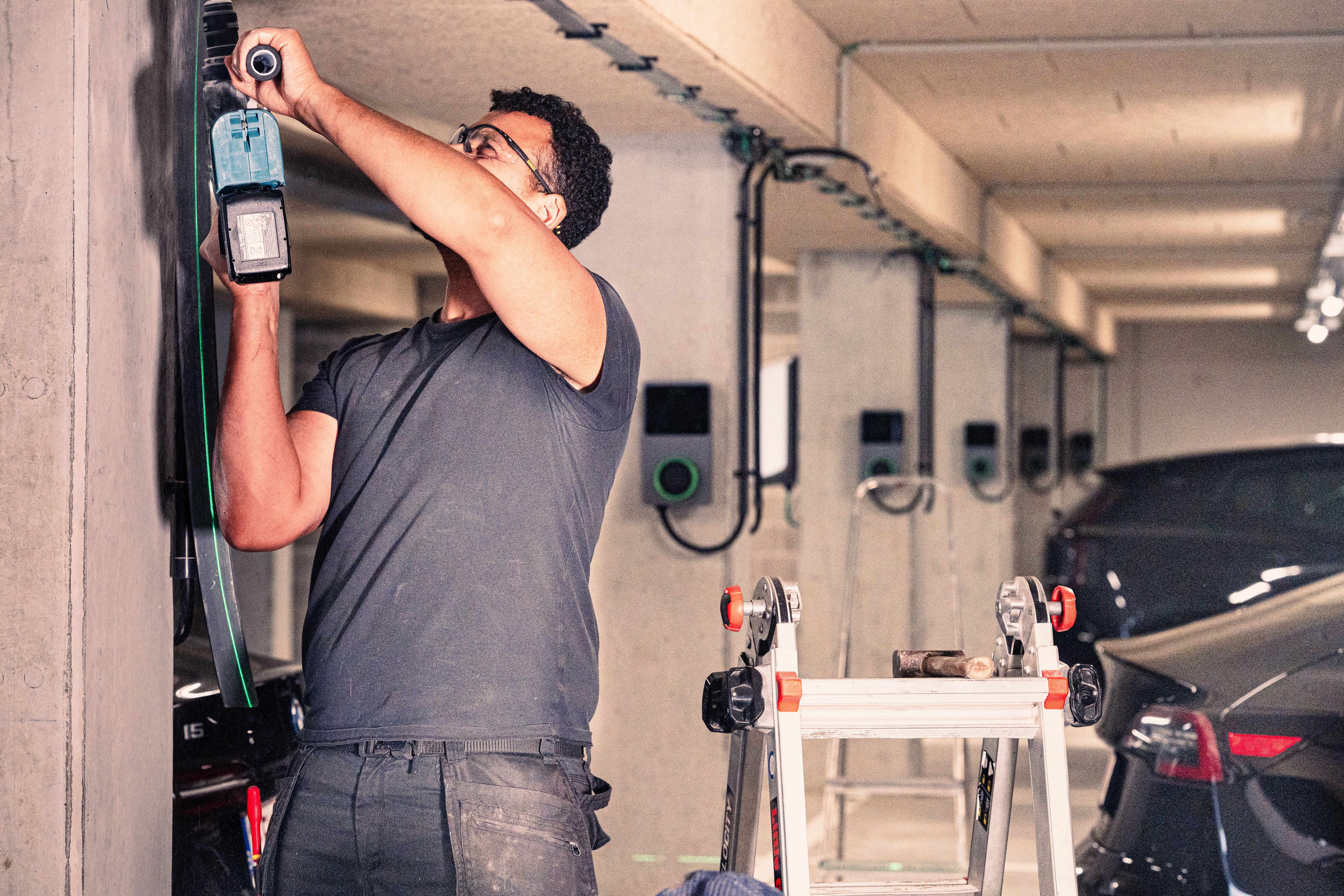Taxation of Charging Stations: What Do You Need to Know in 2025?
Electric driving is becoming increasingly attractive, and both individuals and businesses can still take advantage of tax breaks when installing charging stations in 2025. In this article, we list the most important measures for each target group.
1. Employers
Mandatory installation in existing commercial buildings: As of Jan. 1, 2025, existing non-residential buildings with more than 20 parking spaces must have a minimum of two charging points. In addition, infrastructure must be provided for future charging points in at least 25% of parking spaces.
Deductibility of costs: The installation and operating costs of an on-site charging station remain fully deductible.
Provision to employees: If the employer installs a charging station at the employee's home, it is treated favorably for tax purposes. Employers can deduct the cost, and employees can receive tax benefits under certain conditions.
Grant opportunities: Some regions offer subsidies for companies that invest in charging infrastructure.
2. Employees
Benefit in all nature: If the employer finances the charging station, it may be considered a taxable benefit unless the charging station is also used for business purposes.
Reimbursement of electricity costs: Some employers provide reimbursement of electricity costs for charging the company car at home.
3. Partnerships vs. sole proprietorships
Partnerships
-
Cost Deduction: Charging stations installed in 2025 will remain deductible as long as they are used professionally.
-
Leasing and operating expenses: The cost of the charging station, including maintenance and electricity, is deductible if demonstrably used for the company.
Sole proprietors
-
Investment Deduction: Sole proprietors can still invest in charging infrastructure with a tax benefit depending on their occupational use.
-
Proportional deduction: If the charging station is used both privately and professionally, a division must be made between deductible and non-deductible expenses.
4. Individuals
For individuals, some regional subsidies are still available in 2025 for the installation of a charging station. In addition, the VAT on the installation may be reduced in some cases, depending on the applicable regulations in the region.
Conclusion
By 2025, tax breaks will remain in place for employers, employees and the self-employed who invest in charging infrastructure. Employers must comply with new obligations, while individuals and the self-employed depend on regional subsidies and deductions. Want to know which solution best suits your situation? Contact Blulinc and we'll be happy to help!







